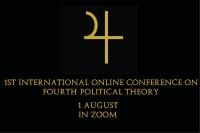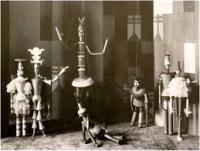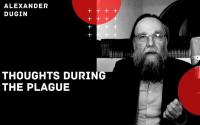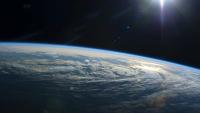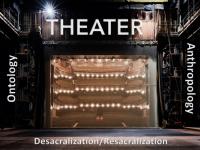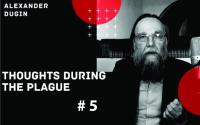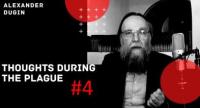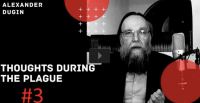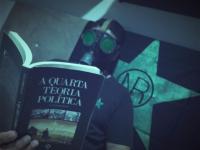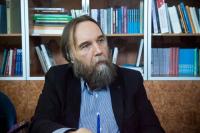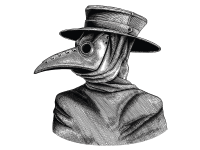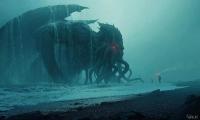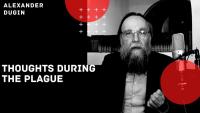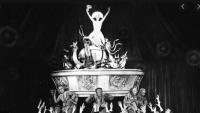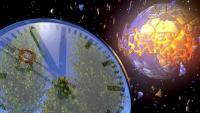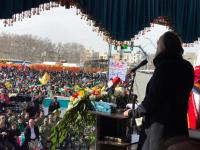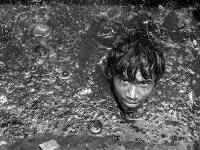THE METAPHYSICS OF THE WARRIOR: PHILOSOPHY BY WAY OF THE SWORD
Partly after the adoption of Christianity, the first function was assigned to the clergy, to the priesthood, and primarily to the black priesthood and monkhood, but at the same time, the veneration of the tsar or the Great Knyaz (prince) as a special figure, perhaps, continued the more ancient, pre-Indo-European traditions, when our Slavic ancestors, most likely, had special political structures - either together with the Sarmatians and with nomadic Iranian tribes, or maybe the Germans, either in parallel, or under their influence - this issue is completely unknown, there are no documents, but most likely the Slavs had a figure of a sacred king a very long time ago (judging by legends, traditions, fairy tales, etc.). The second caste is knyazes (princes) and boyars (military squad or "grid’", prince's bodyguards). And the third caste is the peasants (Rus. “krestiane” = Christians, and in the pre-Christian era they were called differently, because peasants are simply "Christians", ordinary people, but possessing the fullness of political rights: a certain household, wealth and rights, i.e. the civil status of free people).


